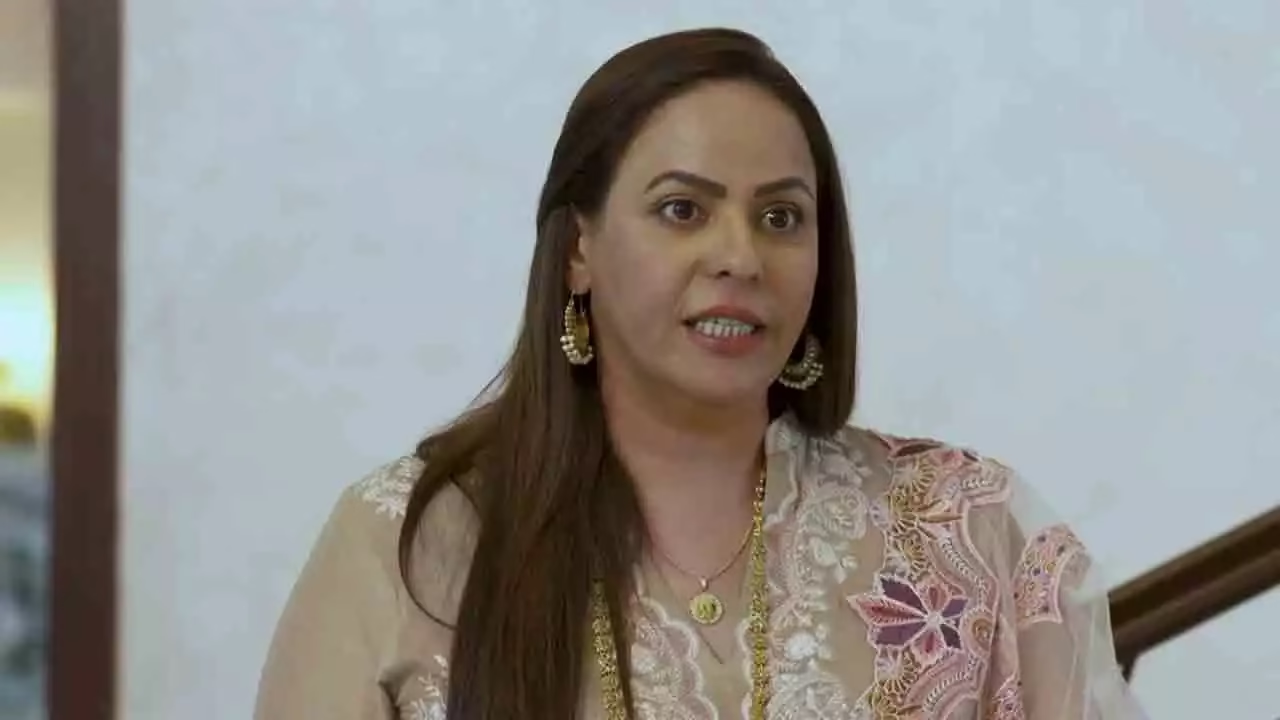The Samar Rana case has drawn significant public attention in Pakistan, highlighting both the sensitivity of child protection issues and the importance of due legal process. In a recent development, a local court discharged stage actress Samar Rana from charges relating to the alleged torture and sexual assault of a 14-year-old domestic worker. Judicial Magistrate Zeb Shahzad Cheema not only ordered her immediate release but also directed action against the investigating officer for failing to produce the accused in court within the mandatory 24-hour period.
Court’s Decision in the Samar Rana Case
During the hearing, the police requested the physical remand of Samar Rana. However, the court dismissed this request, noting that remand should not be granted unnecessarily or mechanically. The magistrate remarked that after reviewing the available record, there was no evidence to support the allegations against the actress. On these grounds, Samar Rana was discharged from the case.
This ruling emphasized the importance of evidence-based proceedings and cautioned law enforcement against hasty actions that could compromise justice. The court also highlighted that procedural lapses, such as not presenting the accused within 24 hours of arrest, undermine the credibility of investigations.
Background of the Allegations
The FIR initially filed in the Samar Rana case alleged that a 14-year-old girl employed as a domestic worker at the actress’s house had been subjected to rape by five individuals, while the actress herself was accused of torturing and intimidating the child. Such allegations naturally created widespread public concern, especially given the vulnerability of underage domestic workers in Pakistan.
Child domestic labor remains a pressing issue in the country. According to a 2023 report by UNICEF, over 3.4 million children in Pakistan are engaged in child labor, many of them working in households where they are vulnerable to abuse, exploitation, and violence. Cases like this underscore the urgent need for systemic reforms and better monitoring of domestic employment practices.
Importance of Due Process in the Samar Rana Case
While the allegations were severe, the court stressed that justice must be rooted in verifiable evidence. The Samar Rana case serves as a reminder that accusations alone cannot determine guilt. Without solid material to prove involvement, the court rightly discharged the accused, ensuring that legal rights are not compromised by public pressure or investigative negligence.
This principle aligns with Pakistan’s legal framework, which ensures that every accused individual is presumed innocent until proven guilty. The magistrate’s insistence on avoiding “mechanical remand” reflects a broader judicial commitment to prevent misuse of custody laws.
The Broader Context of Domestic Worker Protection
Even though the court found no evidence against Samar Rana, the case sheds light on systemic vulnerabilities faced by child domestic workers. Multiple reports highlight that children in domestic service are often subjected to unsafe conditions, long working hours, and, in some cases, abuse.
In 2022, the Punjab Domestic Workers Act was introduced to regulate working conditions, prohibit the employment of children under 15 in domestic work, and protect workers from exploitation. However, implementation remains weak. Human rights activists argue that more needs to be done to ensure the safety of minors employed in households, especially in urban centers like Lahore and Karachi.
Public Reactions to the Samar Rana Case
The Samar Rana case has divided public opinion. On one side, there is outrage over the alleged abuse of a minor, reflecting widespread concern about the plight of domestic workers in Pakistan. On the other, many observers view the court’s discharge order as a necessary safeguard against wrongful prosecution.
Legal experts note that while public outrage is understandable, courts cannot convict without evidence. They also stress that law enforcement agencies must strengthen their investigative processes so that genuine victims receive justice without delay.
Moving Forward: Lessons from the Samar Rana Case
This case underlines several critical lessons. First, allegations of abuse, particularly against minors, must be taken seriously, but investigations should be thorough and evidence-driven. Second, the protection of domestic workers—especially children—requires stronger enforcement of existing laws and better monitoring mechanisms. Finally, law enforcement officers must be held accountable for procedural lapses that compromise justice.
The Samar Rana case may have ended in her discharge due to lack of evidence, but the wider issue of child labor and domestic worker abuse remains a pressing concern in Pakistan. Addressing it requires a collective effort from lawmakers, law enforcement, civil society, and the public to ensure that children working in homes are protected from exploitation and violence.
The court’s decision in the Samar Rana case reflects the importance of upholding due process while also spotlighting the larger issue of domestic worker safety in Pakistan. While Samar Rana has been discharged due to lack of evidence, the case serves as a wake-up call to strengthen child protection systems and improve investigative standards. Ensuring justice for vulnerable children must remain a priority, with or without high-profile names attached.



